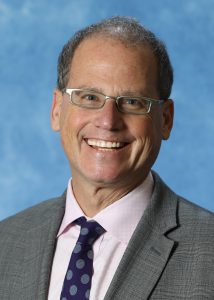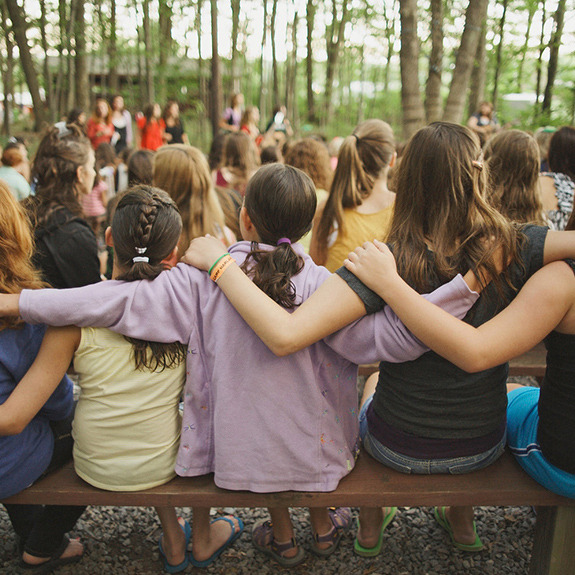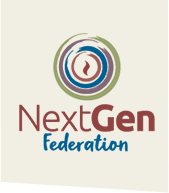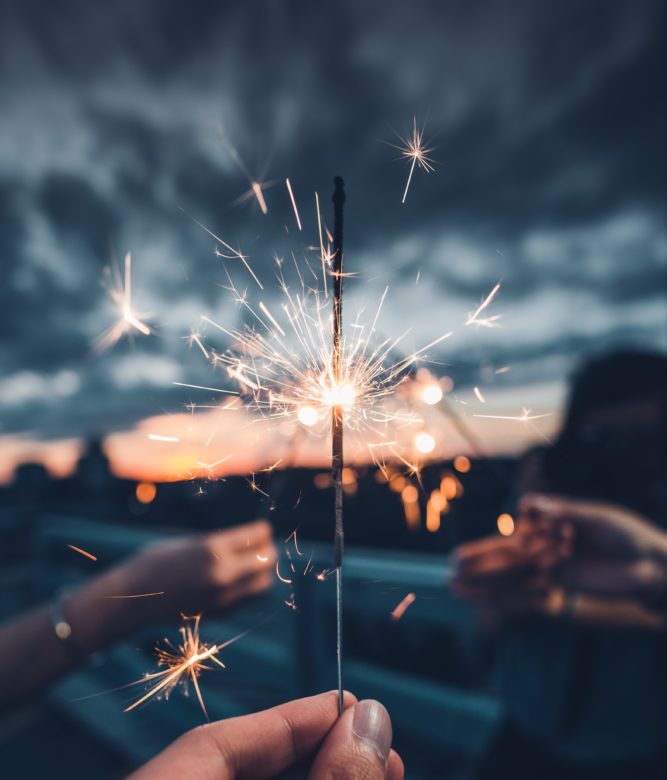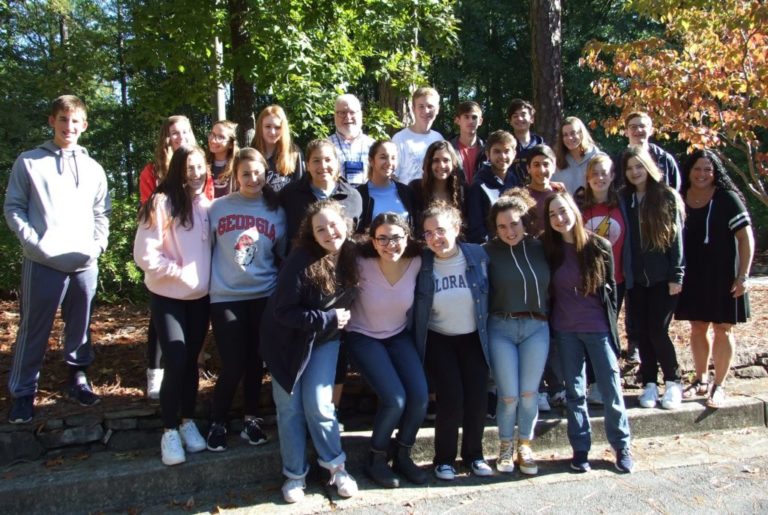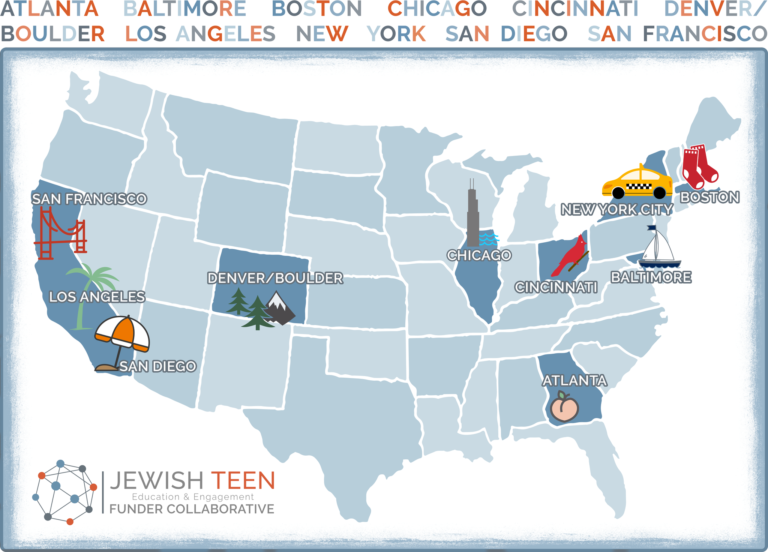![]()
First published by the Jim Joseph Foundation ›
Teens today are impacted by monumental sociological forces and challenges. With this understanding, and powered by research and data, the Jewish Teen Education and Engagement Funder Collaborative develops, nurtures, and scales innovative new approaches to teen engagement. In this unprecedented collaboration of national and local funders, ten participating communities are united by a paradigm shift in the approach to this work that demands that teen educators and leaders now ask, “how can our work help this teen thrive as a human being in today’s complex and challenging world?”
The Funder Collaborative and its communities look to answer this question every day. They come together—virtually and in person—to share lessons learned with each other and to identify the most relevant lessons to share with others. Recently, 20 implementers and professional development professionals came together in Austin, TX for three days. They wanted to learn directly from that dynamic city, a hotbed of creativity and entrepreneurship. Participants had a private workshop with the founder of Storybar to learn what makes a great story and to learn how they can integrate storytelling into their work. The Collaborative also met with Shalom Austin to hear about Jewish life in Austin and to share highlights about the experiences of the ten communities, so that their learnings go beyond the Collaborative.
What I value most about the Implementer Convenings is the opportunity to network with my fellow Implementers. The relationships, both personal and professional, we are forming because of the opportunities we are given to get together are crucial to the success of our work, in my opinion. Because of the convenings we are more than a group of implementers we are a community. No matter the location, our time together always inspires and motivates me to take our learnings and try new strategies in San Diego. Out of all the learnings I took away from Austin, I am most excited to experiment with influencers and campaigns to drive traction and awareness to the awesome work we are doing!
– Rebecka Handler, Director of the San Diego Jewish Teen Initiative
While the communities each have unique characteristics and singular elements of their engagement efforts, certain trends are prevalent across all the initiatives and highlight their important work:
Communities put teens in the driver’s seat of their own experiences because today’s teens are comfortable finding and using their voice to make change. Funder Collaborative community initiatives enable teens to architect their own journeys in a variety ways: by creating programming for their peers, in reaching out to their friends to make sure they’re aware of opportunities, and even making decisions about major grants for teen programming.
Discovery is a critical part of engagement. Teens, parents and even Jewish professionals say it’s difficult to find out about local Jewish opportunities. By developing online portals and searchable digital databases, the communities are amplifying the marketing power of all local organizations who post their events, and creating genuine value for the community.
Success means building and nurturing an ecosystem. The Funder Collaborative communities see first-hand that a dynamic ecosystem surrounds the teens themselves: community partners, supervisors, lay leaders, professionals and parents all directly and indirectly impact teen engagement. Especially in their the early teen years, parents require targeted marketing and outreach. Critically, the teen initiatives recognize that parents themselves often seek a supportive community to support their parenting, and many of the initiatives now offer workshops and community-building activities for parents.
Creating lasting change requires skilled and capable educators. After uniting around a new paradigm of teen-centric engagement, the initiatives quickly understood that developing a cadre of knowledgeable and capable educators and youth professionals would be critical to achieving their desired outcomes.
Wellness is fundamental to achieving positive outcomes for teens. Focusing on
Jewish Teens in Atlanta
the whole teen, including their mental health and overall wellness, is emerging as foundational to effective Jewish teen education and engagement. Several communities offer workshops or conferences on adolescent development and family systems, deeper understanding of the social forces impacting teens today, and specialized training for educators in youth mental health first aid. By addressing and elevating teen wellness, Funder Collaborative communities are pioneering a new, holistic view of engagement work, with healthy, balanced and resilient teens at the center.
More than five years ago, the ten communities and funders came together to co-invest in teen engagement efforts that would be informed by up-to-the-minute research and data. As the initiatives evolve and continue to be informed by learnings, the landscape of teen engagement continues to grow—and the outcomes are increasingly positive.
Want to learn how your community can get involved? Contact Sara Allen, Collaborative Director, at sara@teenfundercollaborative.com ›.
The Jim Joseph Foundation is one of many funders invested in the Collaborative. For more information, visit teenfundercollaborative.com ›.

